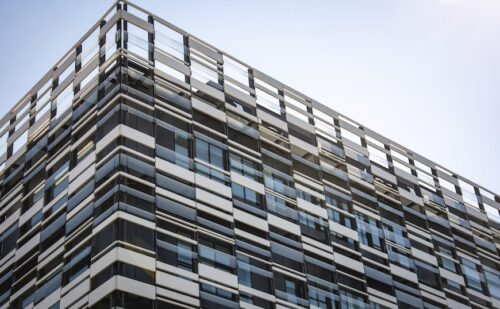
Commission steps up action for high quality and inclusive primary and secondary education
Gerry O'Sullivan
Posted: 9 September, 2021
The European Commission has published a proposal for a Council Recommendation on blended learning to support high quality and inclusive primary and secondary education. ‘Blended learning’ in formal education and training is the term used to describe when a school, educator or student takes more than one approach to the learning process. It can be a blend of school site and other physical environments (companies, training centres, distance learning, outdoor, cultural sites, etc.), or blending different learning tools that can be digital and non-digital. The Commission proposes shorter-term measures to address the most pressing gaps exacerbated by the COVID-19 pandemic, as well as a way forward for blending learning environments and tools in primary and secondary education and training, that can help build more resilient education and training systems.
Blended learning can help to improve the inclusiveness of education, particularly due to its flexibility. It can mean better education provision in remote and rural areas, and for those who are part of traveller communities, or residing in hospitals and care centres, and those engaged in high-performance training. All environments and tools should be equally accessible to minority groups, children with disabilities or from socio-economically disadvantaged backgrounds, and should not lead to discrimination or segregation.
The Commission’s proposal for this Council Recommendation includes that Member States should:
- Provide additional learning opportunities and targeted support to learners facing learning difficulties, with special educational needs, from disadvantaged groups or having been otherwise adversely affected by school disruption. This could include, for example, enhanced individualised support, mentoring systems, additional learning time during the school year and/or holiday period, access to additional learning environments, such as public libraries and community spaces, and to after-school services with pedagogical support. In that context, the Commission recommends mobilising or recruiting additional staff to allow more time for individual support at school and in after-school activities;
- Prioritise the physical and mental wellbeing of learners and their families, as well as teachers and trainers. This could include developing guidance for mental health, and including student and teacher wellbeing and anti-bullying policies in school objectives;
- Boost the development of digital competences of learners, of their families and of teachers and trainers, and encouraging investment at school and community level in available devices and connectivity;
- Support effective partnerships for infrastructure and resources between different education providers, including from business, arts, cultural heritage, sport, nature, higher education, and research institutes, the educational resources industry (including technology, publishing, and other curriculum equipment) and educational research.
- Make full use of EU funds and expertise for reforms and investment in infrastructure, tools and pedagogy to increase resilience and preparedness for future-ready schools, in particular Erasmus+, the Recovery and Resilience Facility, European Social Fund Plus, European Regional Development Fund, Digital Europe Programme, Horizon Europe and the Technical Support Instrument.
The Commission stands ready to support the implementation of the Recommendation by facilitating mutual learning and exchanges among Member States and all relevant stakeholders within the dialogue forums set up under the European Education Area and the Digital Education Action Plan and on its online platforms and communities for education and training: School Education Gateway and eTwinning.
A focus on the development of a blended learning approach in primary and secondary school education will be included in the regular progress reports of the European Education Area and the Digital Education Action Plan 2021-2027.
The Commission calls on Member States to swiftly adopt the proposal for a Council Recommendation.


